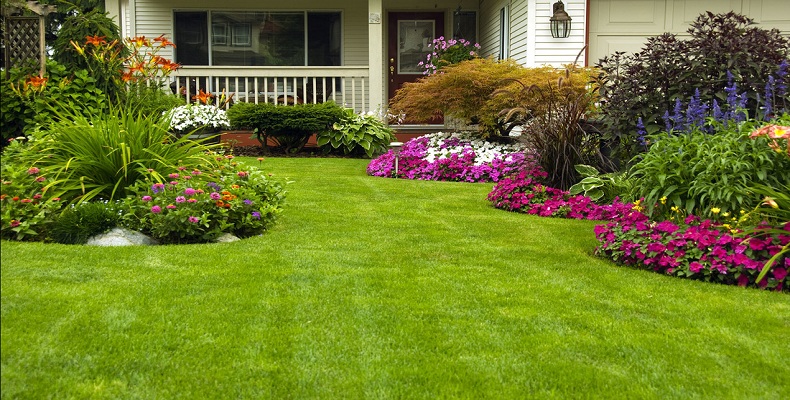The 45-Second Trick For Landscape Design
The 5 actions of the layout procedure consist of: 1) conducting a site stock and analysis, 2) identifying your requirements, 3) creating useful representations, 4) creating theoretical design plans, and 5) attracting a final design strategy. The first three steps establish the visual, practical, and gardening demands for the layout. The last 2 actions then apply those needs to the development of the last landscape strategy.
This is an essential step for both plant option and positioning and finding family activities and functions. It is essential due to the fact that the same environment problems that affect the plantstemperature, humidity, rainfall, wind, and sunlightalso impact you, the individual. The following action is to make a listing of your demands and desiresthis assists you figure out how your backyard and landscape will certainly be used.
The practical diagram is after that used to situate the activity areas on the website and from this diagram a conceptual strategy is established. The last action is a last design that includes all the hardscape and growing information that are required for installment. Throughout the design process there are ten crucial points to think about: for plant option and activity area by considering what you want and need to help determine shapes and arrange areas by marking activity areas and connecting with aspects for both the setting and the customer by making use of massing and layering techniques such as change locations and focal factors in the materials, the colors, and the surface area structures for the development and maintenance of plants by making use of sustainable design methods An extensive inventory and analysis of the site is very important to establish the environmental conditions for plant growth and the very best usage of the website.
Some Known Facts About Landscape Design.
It is always best to make use of plants that will grow in the existing soil. Where plants grow well, keep in mind the dirt problems and utilize plants with comparable growing requirements.

Sun/shade patterns, the quantity and size of exposure to sun or shade (Figure 1), develop microclimates (occasionally called microhabitats) - Landscape Design. Recording site problems and existing plants on a base map will expose the location of microclimates in the backyard. Plants typically drop into 1 or 2 of four microclimate categories-full sunlight, partial shade, shade, and deep shade
Our Landscape Design Statements
Number 1. Sun and shade patterns. Credit Score: Gail Hansen, UF/IFAS It is important to keep in mind all the current problems on an accurate base map when doing the site stock (Number 2). Utilities such as power lines, sewage-disposal tanks, underground utilities and roofing system overhangs establish plant location. Use a surveyor's plat of your residential or commercial property for the borders and place of your home.


Budget problems include the products, first installation pop over here prices and the on-going upkeep costs. Identify the moment and money you are eager to take into keeping the plants and hardscape-be practical concerning your objectives and ability. Figure 3. Current use areas. Credit Report: Gail Hansen, UF/IFAS Clicking Here Number 4. Suggested use locations. Credit Scores: Gail Hansen, UF/IFAS There are several landscape design themes- from straightforward to complex, but it is practical to select one to guide your plant and product selection.
Many people discover it helpful to search in gardening magazines and books for ideas. This is a good begin, but realize that the gardens in the pictures were picked since they are outstanding examples. Consider the pictures with an essential eye to collect concepts that you can adapt to your enthusiasm level, your budget and your site.
Make a decision if you want to open your lawn, close your backyard, or a little of both, to these sights (Landscape Design). In various other words, do you want the garden to confine the area around you and connect mostly to the residence, or do you want the garden to open views and look outside, connecting to the environments? This will offer you a starting point to think of a style
The Ultimate Guide To Landscape Design
Every garden needs to have a form theme, but not all yards have a design motif. Numerous household gardens have no specific design except to mix with the house by duplicating information from the style such as materials, shade, and kind.
In a type style the organization and form of the areas in the backyard is based either on the form of your house, the form of the locations in between your home and the property borders, or a favorite form of the property owner. The type motif establishes the form and organization (the design) of the rooms and the web links between them.

Comments on “Little Known Questions About Landscape Design.”